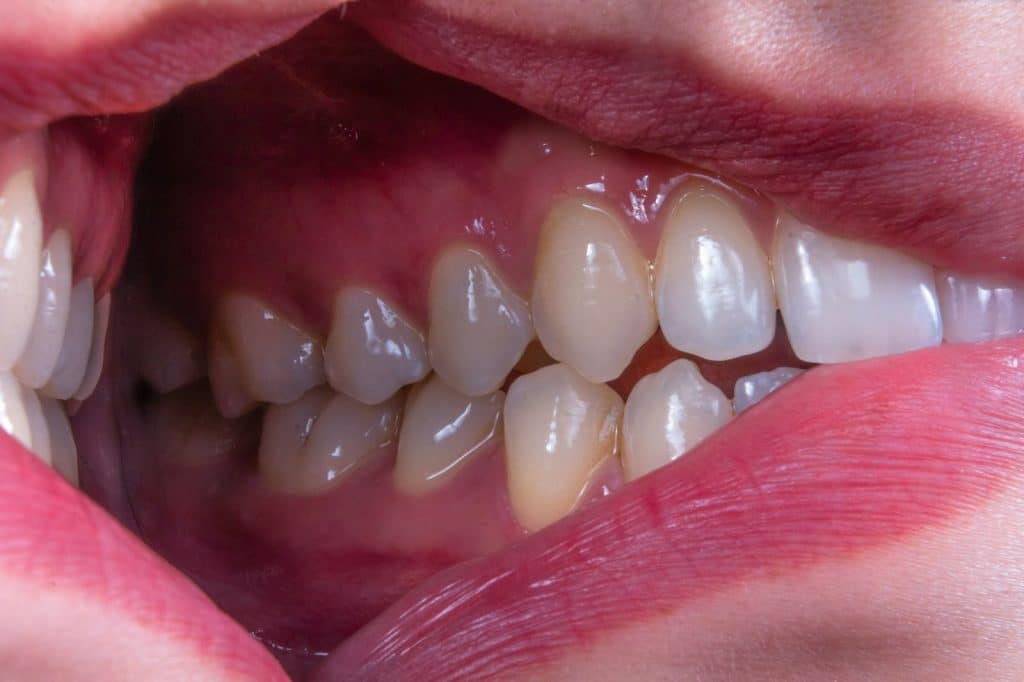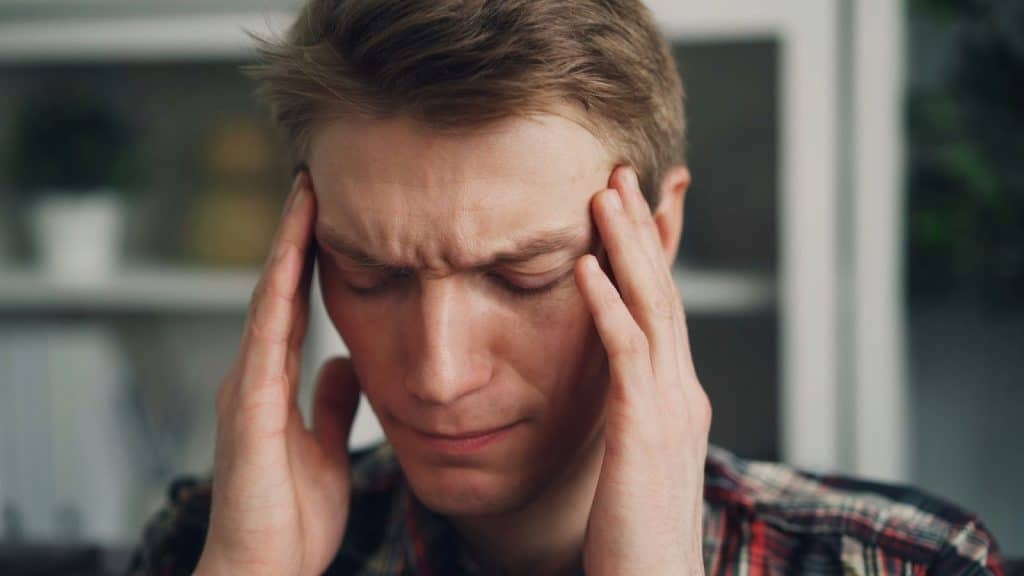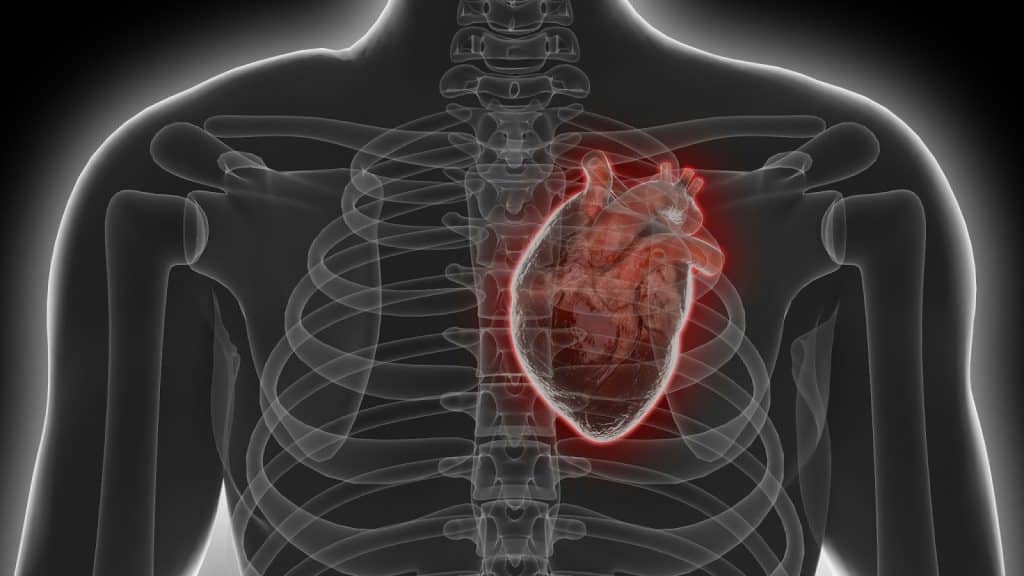
Men are often conditioned to internalize emotional strain, believing it makes them stronger. But guilt and repressed stress don’t just disappear, they settle into the body. Over time, these emotions can quietly affect physical health, sometimes without obvious warning signs. From sleep to digestion, these effects can ripple through daily life. Understanding the link between emotional pressure and physical symptoms is a crucial step toward better well-being.
Constant Fatigue Without Clear Cause

Feeling drained all the time isn’t always about poor sleep or too much work. Repressed stress can wear down the nervous system, leaving the body in a low-key state of alert that never fully shuts off. Guilt can also weigh heavily, mentally and physically, sapping motivation. Even with rest, energy may not return. This exhaustion can mimic burnout, but the root is emotional, not just physical.
Tension in the Neck and Shoulders

Muscle tension is one of the body’s most common ways of storing unspoken stress. The neck and shoulders often become tight from emotional pressure that has no release valve. When guilt simmers under the surface, it can cause the body to clench unconsciously. This can lead to chronic discomfort or even migraines. It’s the body’s way of shielding itself from emotional exposure.
Digestive Issues That Flare Up Under Pressure

The gut and brain are deeply connected, so it’s no surprise that emotional strain shows up in the stomach. Men dealing with guilt or hidden stress may experience indigestion, bloating, or irregular bowel movements. These symptoms often appear without any clear dietary cause. It’s not just about what’s eaten, but what’s being held in. The digestive system can become a battleground for unspoken emotional weight.
Tight Chest or Shallow Breathing

When stress is buried, breathing patterns can shift. Many men unconsciously begin breathing more shallowly, especially during emotionally charged situations. A tight chest might not always be anxiety, it could be emotional suppression. Guilt, especially when unresolved, can make the chest feel heavy or closed off. This physical reaction reflects emotional restraint.
Jaw Clenching and Teeth Grinding

Stress doesn’t sleep, and neither does guilt. Clenching the jaw or grinding teeth at night can be a sign of unresolved emotional pressure. The jaw stores tension when there’s no safe space to speak or release what’s being felt. Over time, this can lead to jaw pain, headaches, or dental issues. It’s a silent physical reaction to emotions left unsaid.
Trouble Sleeping Even When Exhausted

Insomnia isn’t always due to external factors. Guilt and repressed stress can keep the mind racing long after the body wants rest. Men may lie awake replaying situations or mentally rehearsing conversations. Even when tired, sleep remains elusive because the nervous system is stuck in alert mode. Emotional restlessness prevents physical recovery.
Frequent Headaches With No Obvious Trigger

Recurring headaches can often be traced back to emotional strain. Suppressing emotions takes energy, and the toll can build up in the form of tension headaches or migraines. These aren’t just physical ailments, they’re signals from the body that something deeper is unaddressed. The pressure isn’t always external. Sometimes it’s internal and unspoken.
Low Sex Drive or Performance Issues

Emotional well-being and sexual health are tightly linked. Repressed guilt or stress can lead to a drop in libido or difficulties with performance. It’s not a matter of desire alone, it’s about how stress impacts hormone regulation and nervous system balance. The body responds to emotional discomfort by withdrawing from intimacy. This is not a failure, but a signal.
Increased Irritability Over Small Things

Unprocessed emotions don’t just disappear, they surface in other ways. A man who seems irritated over minor inconveniences may be carrying a heavier emotional load beneath the surface. Guilt and stress create internal pressure that leaks out as impatience or frustration. This irritability is less about the moment and more about what’s unspoken.
Lower Back Pain Without Injury

Back pain isn’t always the result of bad posture or lifting something heavy. Emotional stress can contribute to chronic tension in the lower back. This area often carries the weight of responsibility, and when that responsibility is paired with guilt or unspoken pressure, pain can follow. It’s the body’s way of signaling strain beyond the physical.
Mind Fog and Trouble Focusing

Mental clarity fades when emotional energy is spent on suppression. Guilt and stress can create mental clutter, making it hard to focus or stay present. Men may feel like they’re in a daze or just mentally “off.” This isn’t laziness or lack of intelligence, it’s emotional load bleeding into cognitive performance.
Chest Palpitations or Racing Heart

Stress doesn’t always show up as worry. Sometimes it appears as sudden heart palpitations or a racing pulse, even in moments of calm. These signs often reflect a nervous system that’s stuck in high alert from long-term emotional suppression. Guilt can keep the body bracing for consequences that never arrive. It’s a quiet form of hypervigilance.
Frequent Illness or Weakened Immunity

The immune system can take a hit when stress becomes chronic. Guilt and emotional strain compromise the body’s ability to fight off illness. Men may find themselves catching colds more often or taking longer to recover. This isn’t just bad luck, it’s a sign that the body is stretched thin. Suppressed emotions leave little energy for defense.
Why This Deserves Attention

Ignoring emotional stress doesn’t make it disappear, it just makes it harder to see. The body will often speak when the mind won’t. Recognizing how guilt and repressed stress show up physically is the first step in reclaiming well-being. These signs aren’t weaknesses, they’re messages. And paying attention to them can lead to real healing.






Ask Me Anything